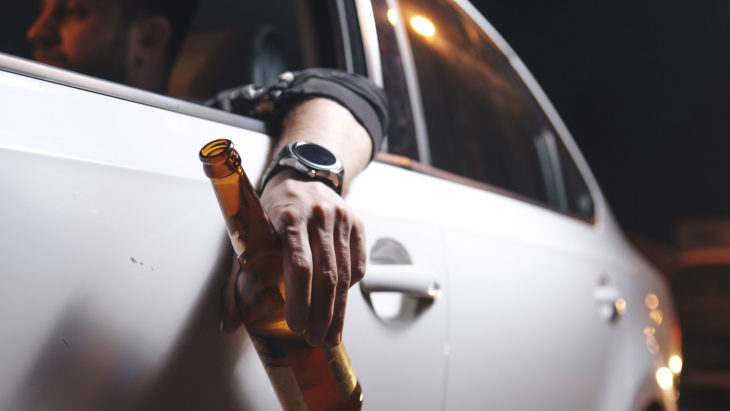Everyone has a story to share about a bad breakup with a bad boyfriend. The one who cheated, the one on drugs, the one who said that totally unforgivable thing about your mom. Bars across America are thick with tales of the sad sacks that girls have loved and righteously dumped. I’m less sure of what to do with my story about the bad breakup with a bad friend who happens to be a boy.
He wasn’t my boyfriend. I had one of those already. He was my friend. The one I called when I thought my ex was stalking me and the one I cuddled up with to ramble on about how lousy adulthood was at following through on the shiny promises of a hopeful childhood. We got drunk together, riding our bikes through the summer night on wobbly legs and with shimmery eyes that make bad decisions seem wise. Really, I did love him. I’ll call him Paul.

Source: Snob
Paul came to visit me every day when I was trapped in the hospital for nearly two weeks with a breaking body. From a crowd of friends, my mother selected him as her favorite because his voice boomed out jokes, making her and the nurses giggle together. “The green thing’s connected to the wristwatch,” he sang, quoting “The Simpsons,” when I got wheeled away for daily medical torture. It was lousy there, surrounded by beeping and tubes and endless rounds of jabby medical interns, and Paul brought flowers. They were ugly ones, sure, but I liked them anyway. When the doctors pumped too many drugs into my overloaded system and I OD’d, he’s the one my mother told. Not the boyfriend that she didn’t like (who I married later). Paul’s the one who carried the news that I was on oxygen back to everyone else. When I was in recovery, Paul carried me, with my arms flung over him and the boyfriend, up and down the halls on the nurse-enforced daily walks. What I’m trying to say is, I was lucky.
Of course, if there wasn’t a problem, there wouldn’t be a breakup. My buddy, the boy I loved, he wasn’t perfect. While I was in the hospital, he was on a mandated hiatus from his science-y Ph.D. program after a failed suicide attempt. Bad genes gifted Paul with an occasionally scary-intense depression that carried with it intermittent delusions and hallucinations. But, them’s the breaks. We’d helped each other for years—that’s what friends do—but my middle-of-the-night advice was often, “Stop calling me and call a psychiatrist.” And he had, and that was great and we were all happy.

Source: frederickvaianalaw
The problem blew up. A mutual friend (the girl he’d dated in high school and the beginning of college, and through whom we’d met) had an all-night moving away party that lasted until just hours before we were supposed to make the long drive across the Eastern seaboard to New Orleans. Paul got drunk and stayed until long after I’d left and passed out for my few hours of sleep. Then he got drunker. Then he threw my friend against a brick wall and punched the space inches from her head, screaming that she’d “destroyed all his hopes” as he ran down the steps and home to lock himself in. Once there, he began calling people, calmly explaining he was committing suicide, and that the news should get passed around and could someone please take care of the cat. When the news hit me, I called the cops. They wouldn’t come without the address, and I didn’t know the address. Terrified, I rode my bike to his apartment and smashed myself against the outside wall calling back with the street number and hoping he didn’t see me below his window. They still didn’t come. I called a third time and said he had a gun. They came. They came in three squad cars with a battering ram and ran up the steps. I cried and cried. When they took him away in handcuffs, I tried not to look, but I saw his face anyway. He stared, hollow and hurt.
That was it. When the hospital released him from a mandatory 72-hour hold, Paul called me right away, desperate to apologize, to correct everything and make amends. I let the calls pass to voicemail. And I never returned them.
Original by Erica Maxwell
